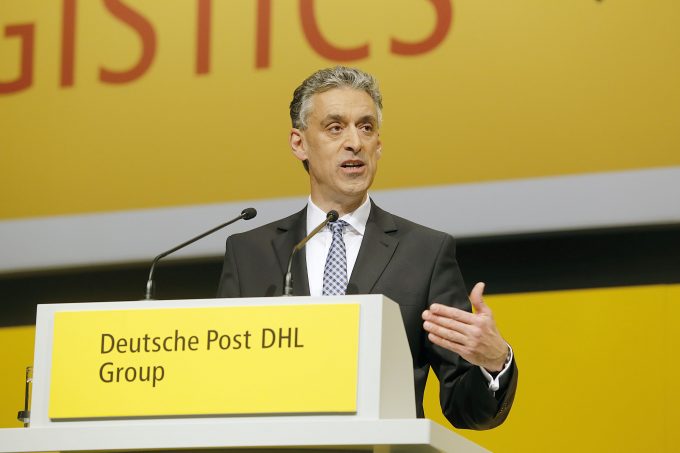News in Brief Podcast | Week 18 | Transpac chaos and Q1 earnings
In this episode of The Loadstar’s News in Brief Podcast, host and news reporter Charlotte Goldstone ...

Frank Appel’s last outing as CEO of DHL saw the group boast “outstanding” results, and say it was “looking ahead with optimism”, despite the new phase of weaker economic growth.
Mr Appel, who leaves in May after 15 years at the helm to be replaced by ...

Comment on this article